Winter Reading 2020
Book Recommendations by Members, Speakers and Asia Society Global Staff
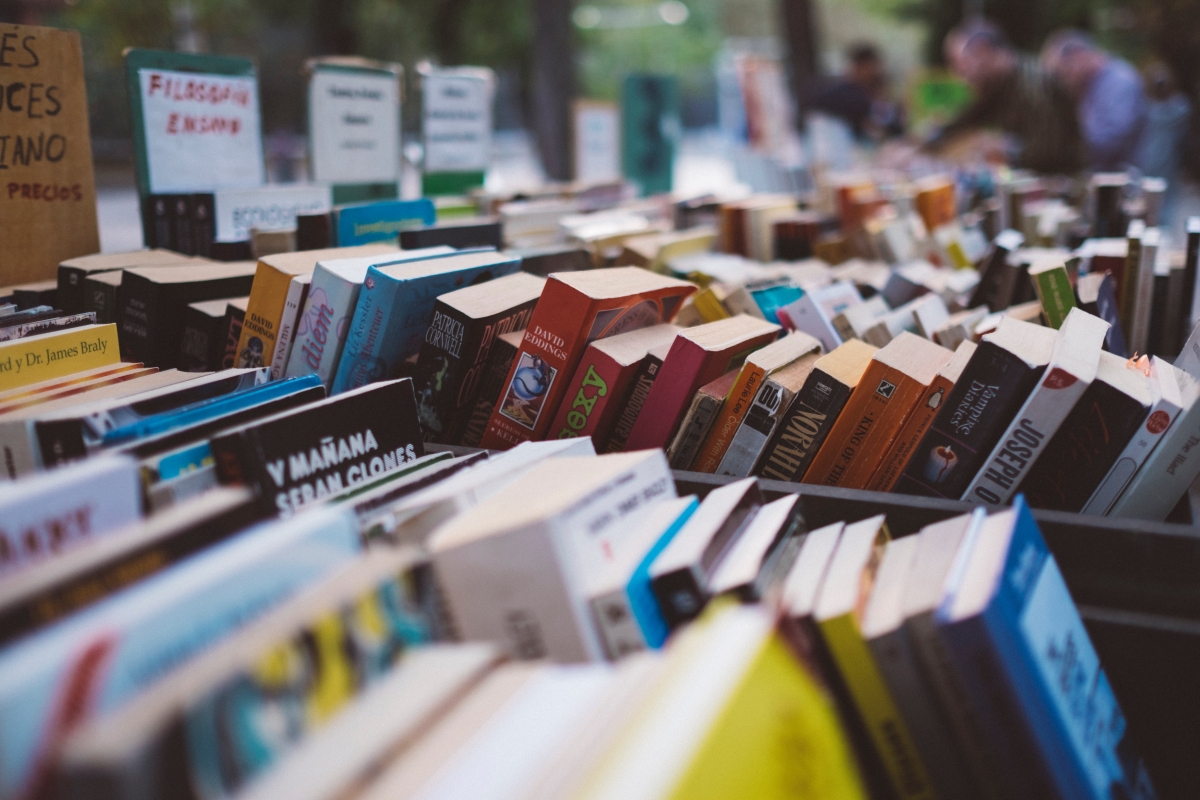
© unsplash
Ten books to get above the fog line (if you are in Zurich): We asked colleagues, speakers and friends for favourite books and compiled a list of books, both fiction and slightly more non-fiction this time around.
Thanks to all contributors for the great recommendations!
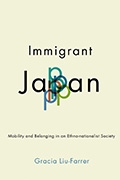
Immigrant Japan: Mobility and Belonging in an Ethno-nationalist Society by Gracia Liu-Farrer (2020) [non-fiction]
Based on years of fieldwork, this analysis provides a nuanced discussion of foreign migrants' integration in the new immigration country Japan. – Recommended by David Chiavacci (professor of Social Science of Japan, University of Zurich, speaker at Asia Society 2020)
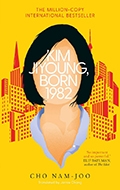
Kim Jiyoung, Born 1982 by Cho Nam-Joo (2020, originally published in Korean in 2016) [fiction]
It made me see certain things also here that I would not have been able to see otherwise – ‘here’ referring to non-Asia. It comes from an Asian context but transcends it in my opinion, much like Sayaka Murata's Earthlings. – Recommended by Elisabeth Brock (Asia Society Member)
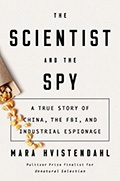
The Scientist and The Spy: A True Story of China, the FBI, and Industrial Espionage by Mara Hvistendahl (2020) [non-fiction]
Before there was a trade war, there was industrial espionage. To understand today’s fight between the United States and China, you need to understand the seeds of the conflict, and this book is on the money. A nonfiction thriller for our times. — Ian Bremmer, recommended by Bethany Allen-Ebrahimian (investigative journalist covering China for Axios, speaker at Asia Society 2020)
Watch the ChinaFile discussion with Mara Hvistendahl here.

Simon Leys: Navigator Between Worlds by Philippe Paquet (2017, originally published in French in 2016) [non-fiction]
The Belgian sinologist, Pierre Ryckmanns, alias Simon Leys, was not only one of the most knowledgeable scholars of ancient Chinese painting, philosophy and history of our time, but was also perhaps the most insightful, trenchant and right observers of the PRC in the China watching world. What is more, whether in French, English or Chinese, he was a writer of immense elegance, humor and refinement. This biography by Philippe Paquet is a masterpiece, one of the most important, exciting and enthralling works on China I’ve ever read. – Recommended by Orville Shell (Arthur Ross Director of the Center on U.S.-China Relations at Asia Society)
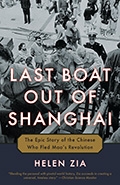
Last Boat Out of Shanghai. The Epic Story of the Chinese Who Fled Mao's Revolution by Helen Zia (2020) [non-fiction]
The stories of the four individuals leaving Shanghai in 1949 is wonderfully captured by Zia and gives you an understanding of modern Chinese diaspora. – Recommended by S. Alice Mong (Executive Director at Asia Society Hong Kong)
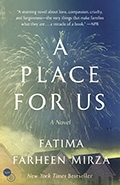
A Place for Us by Fatima Farheen Mirza (2018) [fiction]
Beautiful story about a family that any person raised by immigrant parents can relate to. I sobbed and sent it to my father and it was easily my favorite book of the year. – Recommended by Rexille Uy (Director of Programs at Asia Society Northern California)
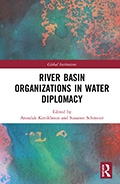
River Basin Organizations in Water Diplomacy by Anoulak Kittikhoun, Susanne Schmeier (Eds.) (2020) [non-fiction]
While competition over water resources is seldom a direct or single cause of armed conflict, tensions and disputes over water are real and have to be resolved. This book offers valuable insights into the importance of River Basin Organizations as a key element in this global picture and should stimulate further thinking about the needed innovations that will strengthen water cooperation as a globally important instrument of peace. – Danilo Turk, Chair of the Global High-Level Panel on Water and Peace.
Watch the webcast on the Mekong River with the two editors here.
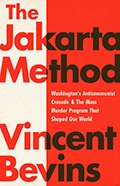
Bevins, a veteran journalist, provides a chilling account of the United States' participation in Indonesia's anti-Communist massacres in 1965, complete with interviews of survivors and judicious use of archival material. He then shows how the "Jakarta Method" became a template for U.S. involvement in several Latin American countries, a policy choice that had major consequences for the Western Hemisphere. This book isn't always a pleasant, easy read — but it's an important contribution to our understanding of one of the darkest chapters of the Cold War. – Recommended by Matt Schiavenza (assistant director content at Asia Society New York)
Read the interview with Asia Society here.

Shareholder Cities: Land Transformations Along Urban Corridors in India by Sai Balakrishnan (2019) [non-fiction]
Shareholder Cities is a pathbreaking study of peripheral development along India's transportation corridors. Breaking with the urban-rural binary, Sai Balakrishnan compares different treatments of liminal space to identify those most benefiting poor people. Her attention to cooperatives is a particularly important investigation of the redevelopment of formerly agricultural lands into urban real estate. — Susan S. Fainstein, author of The Just City; recommended by Jessica DiCarlo (doctoral candidate in the Department of Geography at the University of Colorado Boulder, speaker at Asia Society 2020)
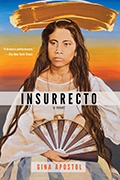
Insurrecto by Gina Apostol (2018) [fiction]
Gina Apostol – a smart writer, a sharp critic, a keen intellectual – takes on the vexed relationship between the Philippines and the United States, pivoting on that relationship’s bloody origins. Insurrecto is meta-fictional, meta-cinematic, even meta-meta, plunging us into the vortex of memory, history, and war where we can feel what it means to be forgotten, and what it takes to be remembered. – Viet Thanh Nguyen, Pulitzer Prize-winning author of The Sympathizer; recommended by Asia 21 Young Leaders Philippines for Philippines' National Book Week
Finished all the listed books? Find more suggestions on previous reading lists.
Share your book recommendations!
We are always eager to receive your highly appreciated book suggestions, just write us an e-mail to [email protected]
Thank you very much in advance!
